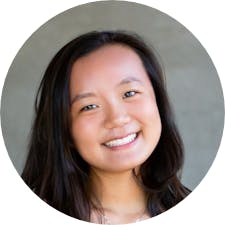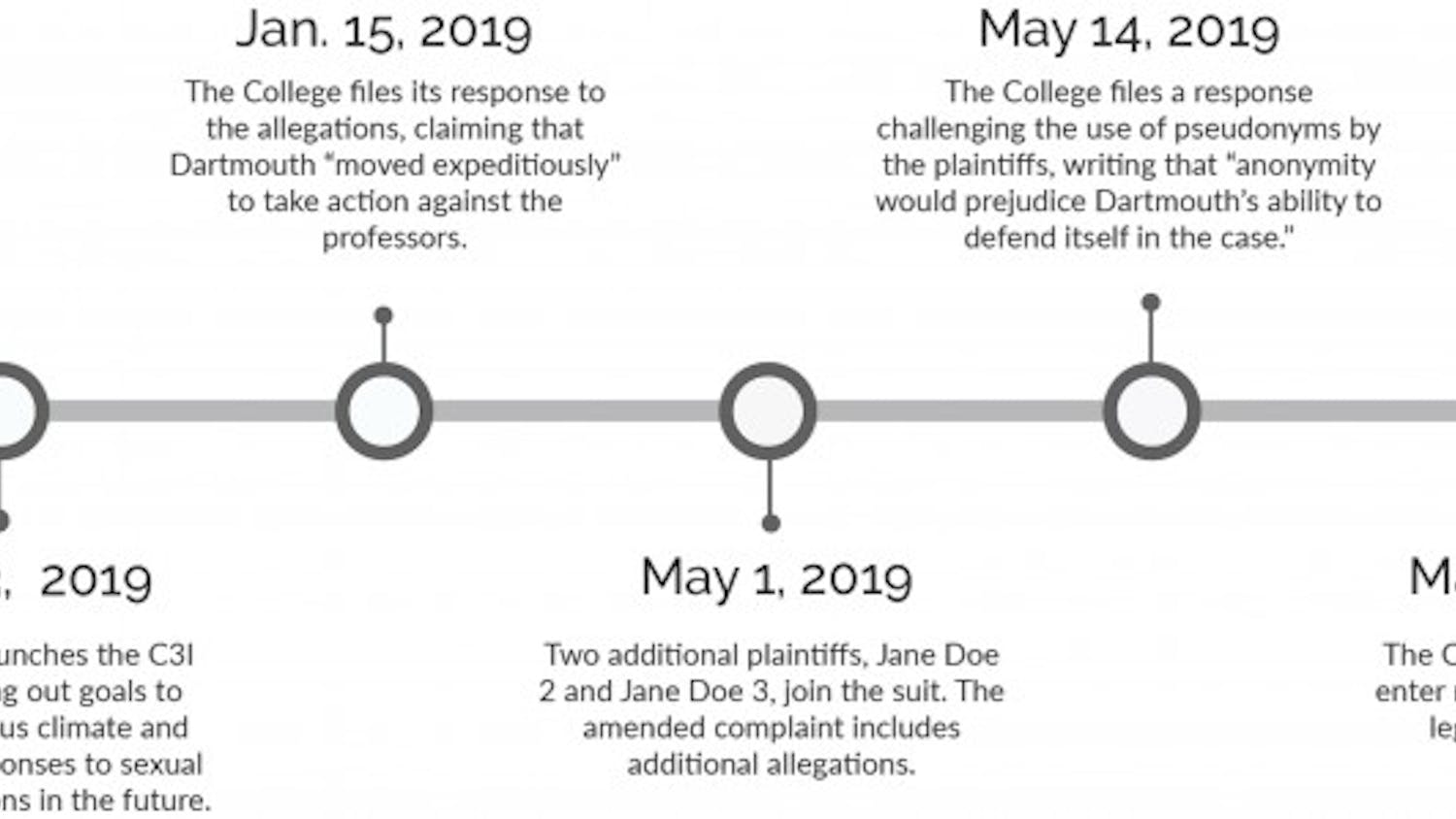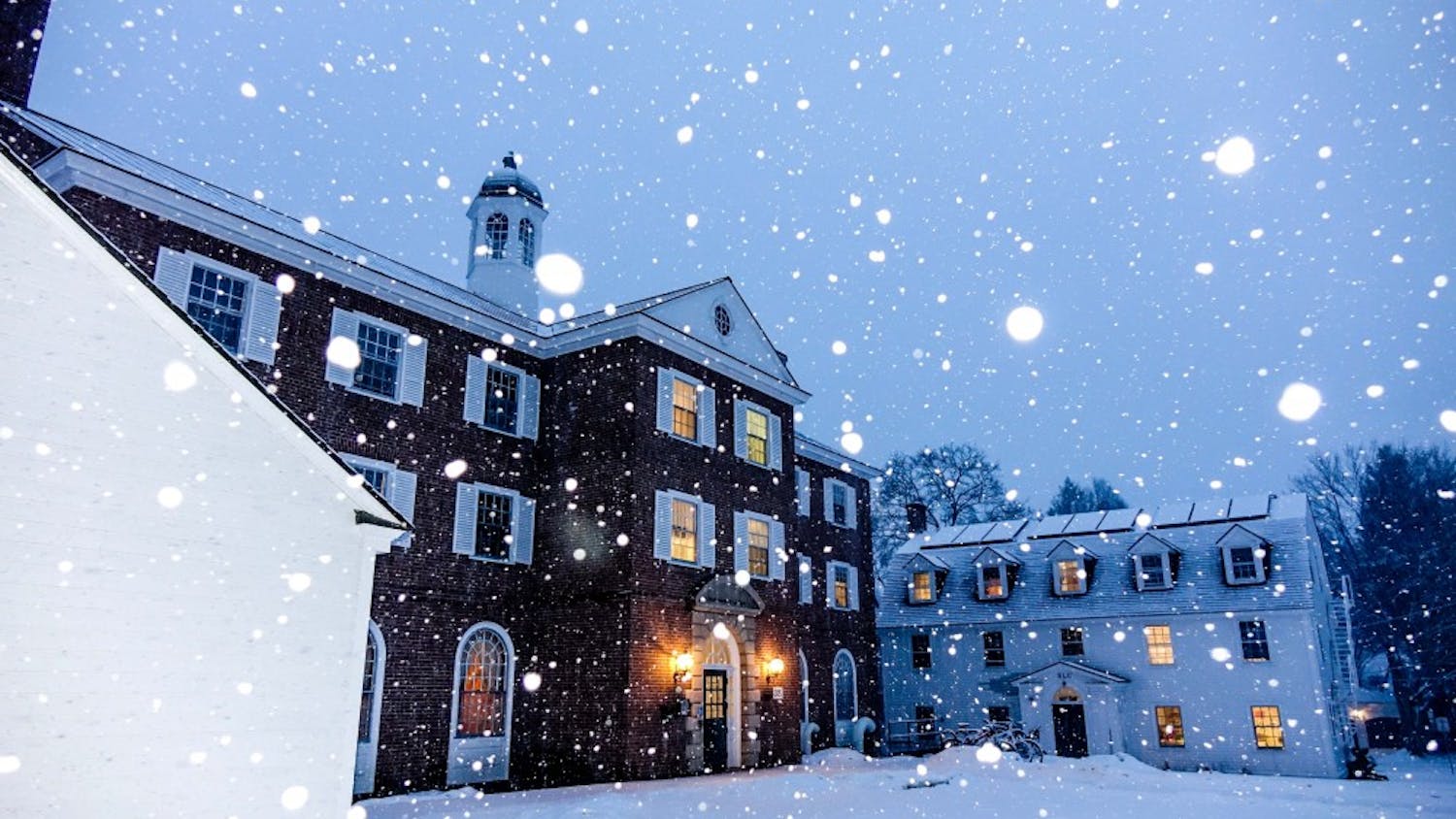On May 5, the College announced the appointment of Victoria Holt — current vice president of the Henry L. Stimson Center, a Washington, D.C.-based think tank — as incoming director of the John Sloan Dickey Center for International Understanding. Holt will take over for interim director Christianne Hardy, who has led the center since Daniel Benjamin, a former member of the Obama administration, stepped down from the role last July. Holt, who previously worked for the Bureau of International Organization Affairs under the U.S. Department of State during the Obama administration, will begin her new role in September. The Dartmouth sat down with Holt to discuss her experience in international security and diplomacy and her expectations coming to Dartmouth.
Could you tell me a little bit more about your background growing up and how it might have influenced your professional career development? What made you interested in international security issues?
VH: I grew up on the coast of Maine, although my mom was from New York City, so we were an interesting family. The Vietnam War protests in my town and the families whose kids had gone off to war made me aware that the debates about conflict were very real for people. I went to college at Wesleyan University, and at the time, there was a real concern about potential nuclear war. I was a student activist, but I also ran for student government, and I saw the tension between the two roles. I went to my share of protests, but I also started reading about deterrence theory and trying to understand what the underlying logic was. I ended up studying Germany and its history, including how people protested national socialism during the Nazi regime. So I think for me, it was a mix of what was happening in my world and my trying to think about how I could have an impact on it that led me to Washington.
During the Obama administration, you worked as U.S. deputy assistant secretary of state for international security in the Bureau of International Organization Affairs. Could you elaborate on your job and talk about some of your proudest moments in this position?
VH: My job was to oversee the team in Washington that gave guidance to our diplomats in New York on the National Security Council, but it was also to take initiatives and try to be a diplomat in the international community that pushed forward on those ideas.
In terms of my proudest moments in the role, two come to mind. Part of my responsibility was on peacekeeping operations, and I was involved in helping launch new missions in South Sudan and the Republic in Mali, and reshaping missions in Haiti and Congo. I came to realize that American diplomats would be better served if the whole team went on these operations and spoke directly to the United Nations and brought that knowledge back to Washington.
In 2015, I led five delegations to regional partners of the United States in advance of President Obama hosting a summit on peacekeeping because we’d come to realize that we needed to galvanize more countries to support it and we needed better capabilities in the field. I was excited and proud to be part of that.On the Atrocities Prevention Board — an interagency committee that assesses the long-term risks of atrocities around the world — I also worked on an effort to detect potential future atrocities and to then talk to an international security diplomat working in that area to figure out what we could do with others to help prevent an escalation of violence — or if it was already happening, what tools we had to try to prevent it from continuing.
Most recently, in your work as a vice president at the Henry Stimson Center, you have been responsible for civilian protection and international security. Can you elaborate on your experience in this role?
VH: The role of think tanks is interesting. They’re in-between the academic world and the government world, and it’s meant to take issues that we think are relevant to international policymakers and try to identify problems. Sometimes, the problems are in plain sight and our job is to lift them up and say, “Hey, what are we doing about this?” or sometimes the problem is known, and we’re doing research and analysis to think about what the next steps could be.
Specifically on the protection of civilians, NATO adopted a very forward-looking policy five years ago — a policy that aims to minimize the negative effects that might arise from NATO and NATO-led military operations on the civilian population— so our role is to bring together international experts to identify what is working and what is not and to try to support NATO implementing policy. That’s pretty important right now because NATO is facing new global challenges that it wasn’t anticipating a few years ago. We commission papers, we hold conferences and we talk to diplomats. That, in part, means building a community.
I have another project, which is looking at how conflict-affected countries that are also affected by climate change could gain better access to energy and help them meet their climate goals.
You are also an adjunct professor at Columbia University’s School of International and Public Affairs. What are you looking forward to at Dartmouth?
VH: I came to teaching late in life. I’ve had a relatively good career but was never really involved in designing a course of my own, and I fell in love with teaching. What I’m looking forward to at Dartmouth is engaging with the students in particular. I feel that in my professional world, not since the end of the Cold War have I really had a moment where it’s been as important to stand back and think about what’s ahead and prepare students for a world that will be different than I experienced. I’m really curious what you and the other Dartmouth students are thinking about and how I can help support work that gets you to where you want to go.
While you are in this position, will you have a chance to teach any classes? How do you plan to engage with the Dartmouth community?
VH: I would love to teach in the future. I’m not going to be teaching when I start out, but I think it would be something I would definitely enjoy. I look forward to not just meeting the students that are already engaged with Dickey, but finding student groups on campus, reaching out to speak to them directly and see what they think about and their interests in the international world and community. I’m willing to get up early and stay up late if that’s the best way to meet students.
In your opinion, what is the greatest global challenge the world faces today?
VH: I don’t think there’s just one. In some sense, it’s having an imagination on how we actually tackle the big global challenges. We know the shortlist. Immediately in front of us is the pandemic and the economic challenges that come with that, which also reveal the deep inequality around the world. We have enduring issues of peace, conflict and global rivalries. I think climate and the environment are on everybody’s list because those are really existential challenges. I have some background in war escalation and so risk of things like a nuclear conflict would still be on my list as well. I also think we should be modernizing many of the international institutions — some of which were created right after the end of World War II — for this current year. We’ve got a good baseline, but most of them need some modernization and some imagination in the times that we’re in, and that’s frankly part of why I’m interested in coming to Dartmouth — because we’re stepping back and reimagining what that could look like.
This interview has been edited and condensed for clarity and length.





